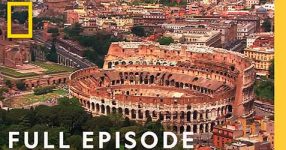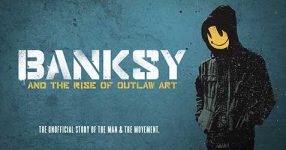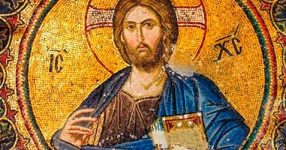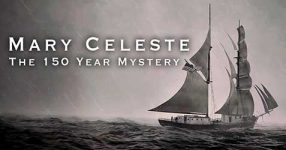The documentary, “Mary Beard’s Ultimate Rome: Empire Without Limit”, is a comprehensive exploration of the Roman Empire’s rise, achievements, and eventual decline. The transcript reveals a narrative structure that combines historical facts with engaging storytelling. The journey begins with a captivating fairy tale, setting the stage for the complex and intriguing history of Rome.
Origins of Rome and Romulus
The narrative delves into the mythical origins of Rome, weaving a tale of twins born to a princess. The wicked uncle’s fear of rivalry leads to a dark twist as one twin murders the other. This act sets the stage for the recurring theme of fratricide, echoing the internal conflicts that would shape Rome’s political landscape. The establishment of Rome under Romulus, its first ruler, and the intriguing discovery of artifacts shedding light on its early military might provide a vivid picture of the city’s foundation.
Expansion and Challenges
As the documentary progresses, it explores Rome’s military conquests and the complexities of maintaining an empire. Insights from experts at the British Museum unravel the symbolism on ancient coins, showcasing the scale and organizational prowess of Rome’s military machine. The Mediterranean, referred to as “nostrum,” emerges as a vital waterway, simultaneously facilitating trade and posing challenges from storms, bandits, and hijackers.
Julius Caesar and Augustus
The focus then shifts to key historical figures, with Julius Caesar and Pompey taking center stage. The documentary highlights Caesar’s detailed accounts of victories and the significance of his conquests. The transition to Augustus, the first emperor of Rome, introduces the concept of autocratic rule and the establishment of enduring power. The narrative explores the challenges faced by Augustus and the influence of Virgil’s Aeneid in shaping the perception of Roman conquest as a grand design.
Life in the Roman Empire
The documentary offers a unique perspective on daily life in the Roman Empire, examining diverse aspects such as infrastructure, economy, and governance. Roman roads, depicted as ancient superhighways, serve as conduits for trade and communication. The complexities of Roman political processes, from electoral expenses to legal frameworks, provide a glimpse into the internal workings of the empire. The focus on an “oil economy” underscores the economic importance of commodities like olive oil.
Roman Trade and Commerce
The significance of ports in facilitating trade and commerce emerges as the narrative shifts to Ephesus, a Roman hub of input and export. The documentary sheds light on the interconnectedness of the Roman Empire through a single currency, emphasizing the role of ports as nerve centers of economic activity. The exploration extends to Spain, where the exploitation of silver mines fuels the empire’s prosperity, while also raising questions about the conditions of those working in the mines.
Cultural Dynamics and Hybridization
The documentary takes a closer look at the cultural dynamics within the Roman Empire, examining the impact of Romanization on conquered territories. Ephesus serves as an example of Roman investment transforming a Greek town into a bustling Roman hub. The discussion extends to Britain, where evidence of a hybrid culture emerges, blending Roman and pre-Roman influences in art, worship, and town life. The concept of Roman citizenship, exemplified by a man named Reburus, highlights the importance of military service in acquiring Roman identity.
Decline and Legacy
A pivotal moment in the documentary addresses the enigma surrounding the decline and fall of the Roman Empire. Various theories and debates surface, emphasizing the complexity of determining a singular cause. The narrative touches on the reign of Heliogabalus, showcasing the challenges faced by emperors and the intricate relationship between politics and religion. The emergence of Christianity as a significant force, its challenges to traditional Roman beliefs, and the subsequent conflicts provide a lens through which the documentary explores the transformative period.
In conclusion, “Mary Beard’s Ultimate Rome: Empire Without Limit” offers a comprehensive journey through the expansive history of the Roman Empire. From mythical origins to the complexities of governance, trade, and cultural dynamics, the documentary provides a multi-faceted exploration. The legacy of Rome, its impact on diverse regions, and the challenges it faced contribute to a nuanced understanding of one of history’s most influential empires.












